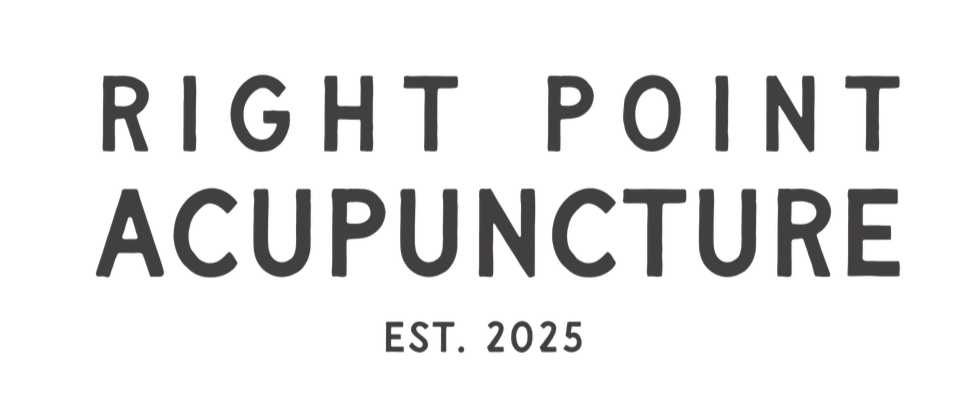What is acupuncture? A simplified explanation of what it can do for you.
Break it down for me… What does acupuncture do in modern terminology?
Acupuncture is more than an ancient practice—it’s now backed by modern science and integrated into contemporary healthcare. Here's how it works in today’s medical language:
Nervous System Regulation:
Acupuncture stimulates nerves that help regulate pain, digestion, mood, and immune response. It activates the body’s natural healing systems through gentle, targeted input.
Neurochemical Release:
Needle stimulation prompts the release of endorphins, serotonin, and dopamine—natural chemicals that reduce pain and promote relaxation and emotional balance.
Circulation and Tissue Repair:
Acupuncture improves blood flow to targeted areas, supporting tissue repair, reducing inflammation, and enhancing recovery from injury or strain.
Hormonal and Stress Balance:
By influencing the nervous and endocrine systems, acupuncture helps balance hormones and reduce stress-related symptoms like insomnia, anxiety, and fatigue.
Modern imaging studies show acupuncture can alter brain activity in areas related to pain and emotion. It’s used in hospitals and clinics worldwide for conditions like:
Chronic pain (back, neck, arthritis)
Migraines and tension headaches
Anxiety and depression
Menstrual and fertility support
Postoperative recovery
Sleep and stress disorders.

